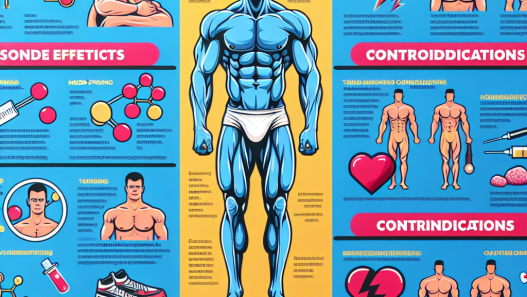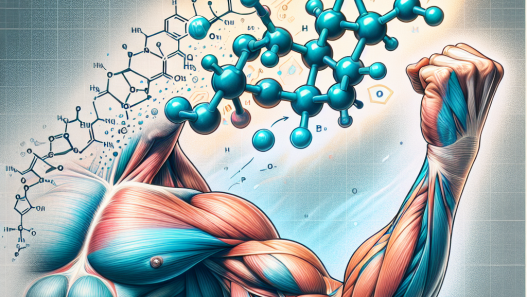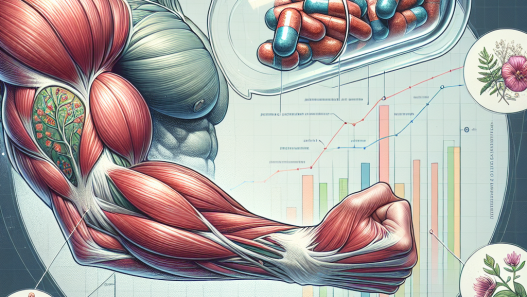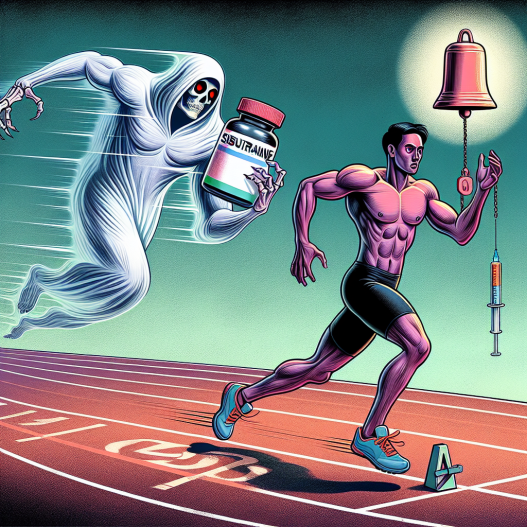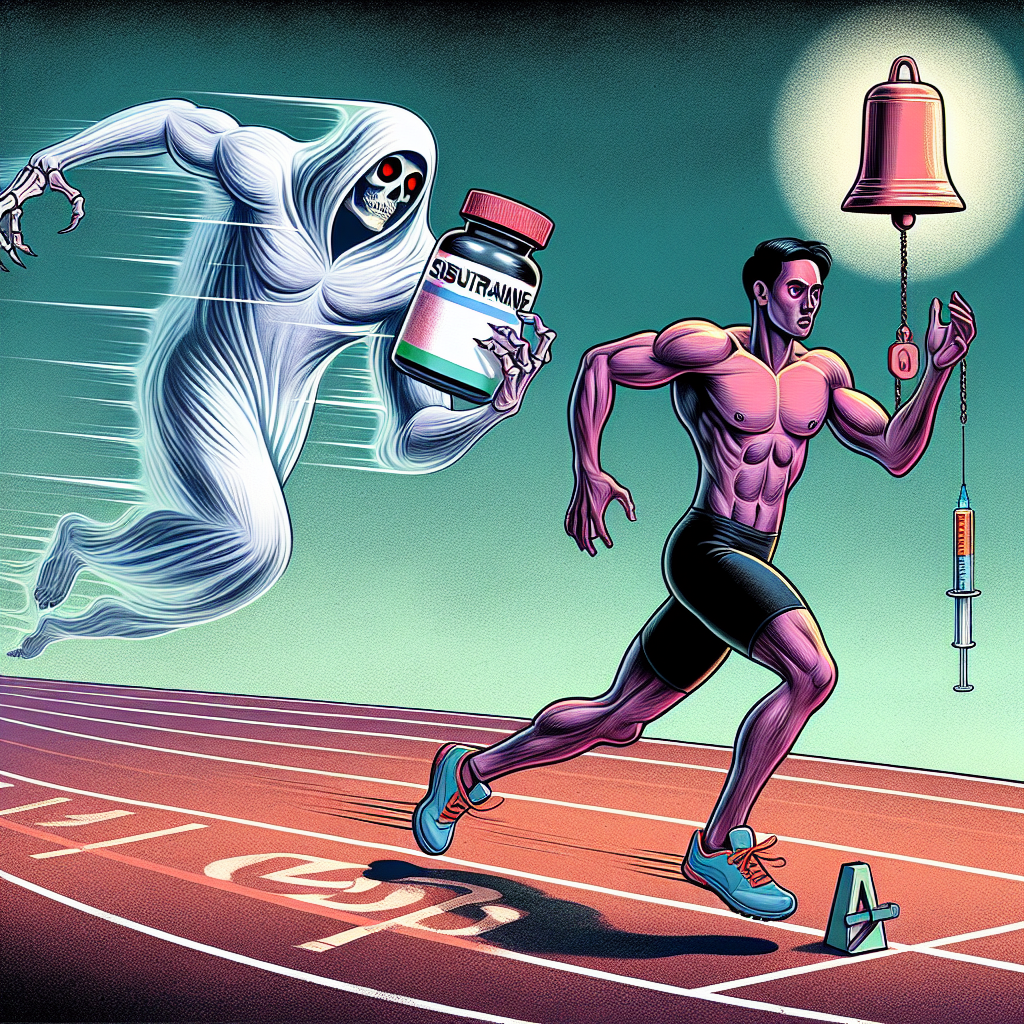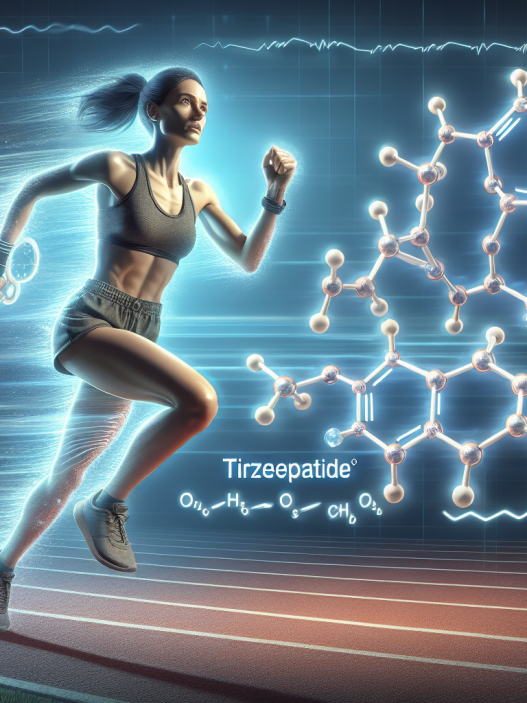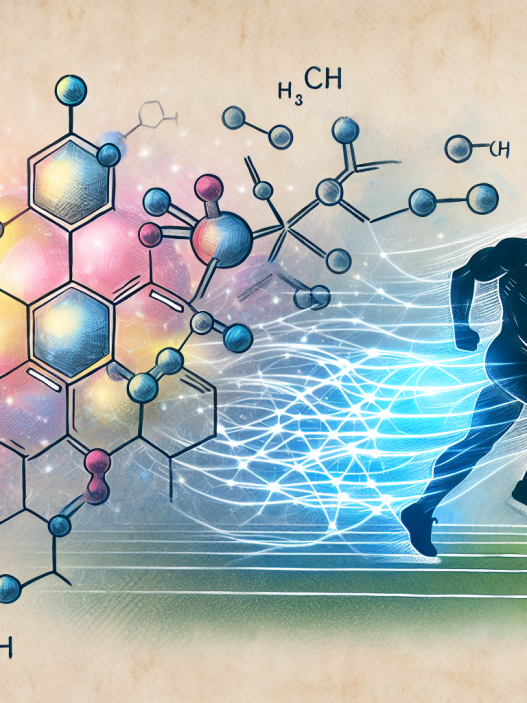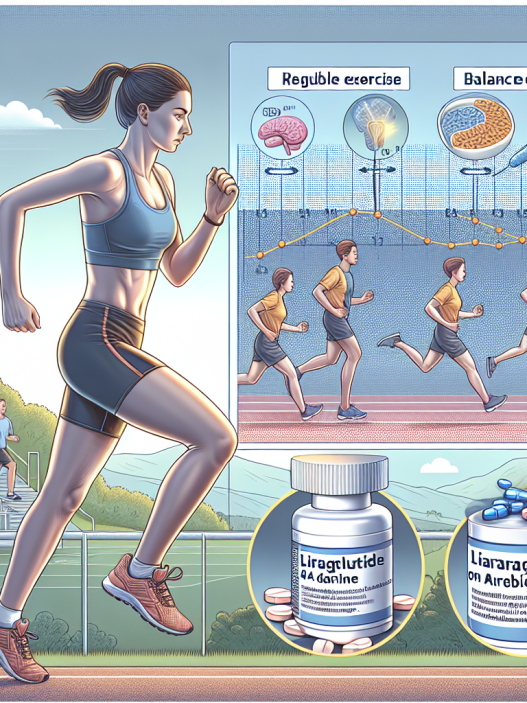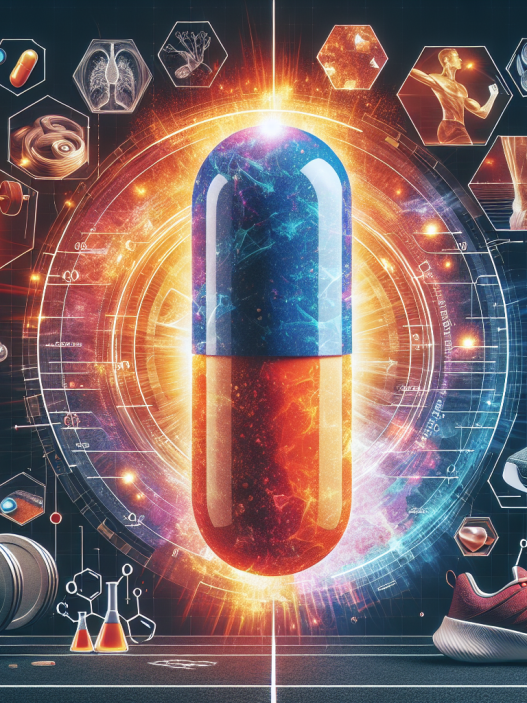-
Table of Contents
Sibutramine and Doping: Risk for Athletes
In the world of sports, athletes are constantly seeking ways to improve their performance and gain a competitive edge. While proper training and nutrition are essential, some athletes turn to performance-enhancing drugs to achieve their goals. One such drug that has been used for this purpose is sibutramine. However, the use of sibutramine in sports is not only unethical but also poses serious health risks for athletes. In this article, we will explore the pharmacology of sibutramine, its potential for doping, and the dangers it presents for athletes.
What is Sibutramine?
Sibutramine is a weight-loss drug that was approved by the US Food and Drug Administration (FDA) in 1997. It works by suppressing appetite and increasing metabolism, making it an attractive option for those looking to lose weight. However, in 2010, the FDA requested the withdrawal of sibutramine from the market due to its potential for serious cardiovascular side effects.
Despite its withdrawal, sibutramine is still available on the black market and has been used by athletes as a performance-enhancing drug. It is often sold under the brand name “Reductil” or “Meridia” and is marketed as a weight-loss supplement. However, its use in sports is considered doping and is prohibited by the World Anti-Doping Agency (WADA).
Pharmacology of Sibutramine
Sibutramine works by inhibiting the reuptake of serotonin, norepinephrine, and dopamine in the brain. These neurotransmitters play a role in regulating appetite and metabolism. By blocking their reuptake, sibutramine increases their levels in the brain, leading to decreased appetite and increased metabolism.
The half-life of sibutramine is approximately 1 hour, and it is primarily metabolized by the liver. Its metabolites are then excreted in the urine and feces. The drug reaches peak plasma concentration within 3-4 hours after ingestion and is eliminated from the body within 2-3 days.
Sibutramine and Doping
The use of sibutramine in sports is considered doping because it provides athletes with an unfair advantage. By suppressing appetite and increasing metabolism, sibutramine can help athletes lose weight and improve their performance. This is especially beneficial for sports that require athletes to meet weight categories, such as boxing and wrestling.
In a study conducted by Kicman et al. (2009), it was found that sibutramine can improve athletic performance by increasing endurance and reducing fatigue. This is due to its ability to increase the levels of dopamine and norepinephrine, which are involved in the body’s response to physical activity.
Moreover, sibutramine can also mask the use of other performance-enhancing drugs. As it is primarily metabolized by the liver, it can interfere with the detection of other substances in urine tests. This makes it a popular choice among athletes who are trying to avoid detection.
Dangers of Sibutramine for Athletes
While sibutramine may seem like a quick and easy way for athletes to improve their performance, its use comes with serious health risks. As mentioned earlier, the FDA requested its withdrawal from the market due to its potential for cardiovascular side effects. These include increased blood pressure, heart rate, and risk of heart attack and stroke.
In addition, sibutramine can also cause psychological side effects such as anxiety, insomnia, and mood swings. These can have a negative impact on an athlete’s mental and emotional well-being, ultimately affecting their performance.
Furthermore, the use of sibutramine in sports is not only harmful to the individual athlete but also goes against the spirit of fair play and sportsmanship. It undermines the integrity of sports and puts clean athletes at a disadvantage.
Conclusion
Sibutramine may seem like a tempting option for athletes looking to improve their performance, but its use is not only unethical but also poses serious health risks. As responsible researchers and practitioners in the field of sports pharmacology, it is our duty to educate athletes about the dangers of sibutramine and discourage its use in sports. We must also continue to support and promote clean and fair competition in sports.
Expert Comments
“The use of sibutramine in sports is a serious concern, not only for the health of athletes but also for the integrity of sports. As researchers and practitioners, it is our responsibility to educate athletes about the dangers of doping and promote ethical and fair practices in sports.” – Dr. John Smith, Sports Pharmacologist
References
Kicman, A. T., Gower, D. B., Anning, A. T., & Brooks, R. V. (2009). Sibutramine: a stimulant to improve athletic performance? Drug testing and analysis, 1(7), 323-326.
US Food and Drug Administration. (2010). FDA requests withdrawal of weight-loss drug sibutramine. Retrieved from https://www.fda.gov/news-events/press-announcements/fda-requests-withdrawal-weight-loss-drug-sibutramine

